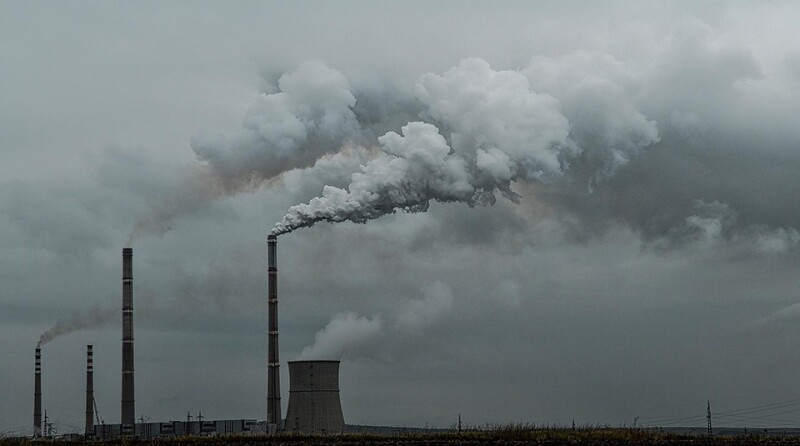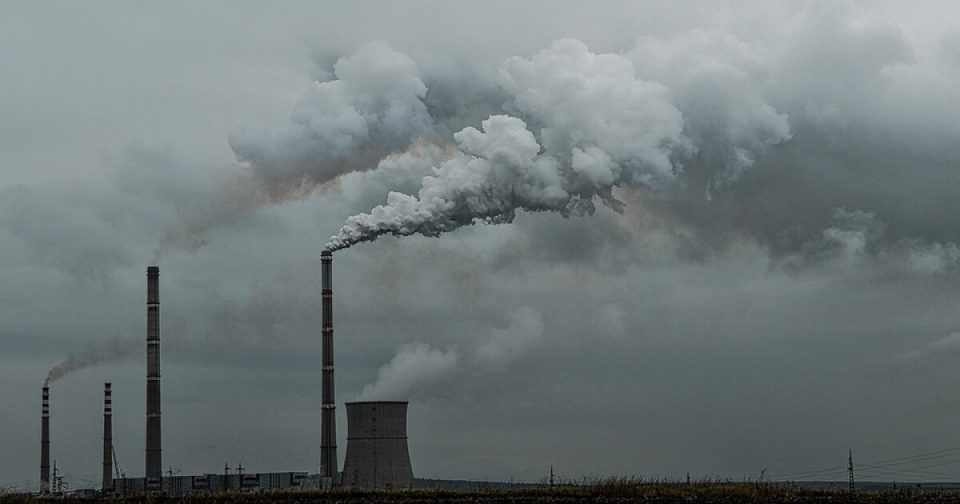
The concept of a just transition must consider the rights of all workers as any economy moves to a low-carbon world and adapts to the new realities of climate change.
International regulators are pushing for listed companies to disclose their indirect emissions, holding corporates to account for their environmental impact upstream and downstream. Scope 3 emissions are critical for shareholders to measure the climate risk of their portfolios. Unlisted firms are not yet required to report on their Scope 3 emissions but are strongly encouraged to do so.
It is clearly a lot easier for large corporates to invest resources in collecting Scope 3 data than it is for small and medium-sized enterprises (SMEs). Imposing the same level of disclosure requirements on all companies, irrespective of size and resources, is incompatible with the concept of a just transition.
Imposing the same level of disclosure requirements on all companies, irrespective of size and resources, is incompatible with the concept of a just transition
This must be considered in any future regulation, which should limit indirect emissions reporting requirements to those companies that are at the very top of the value chain.


